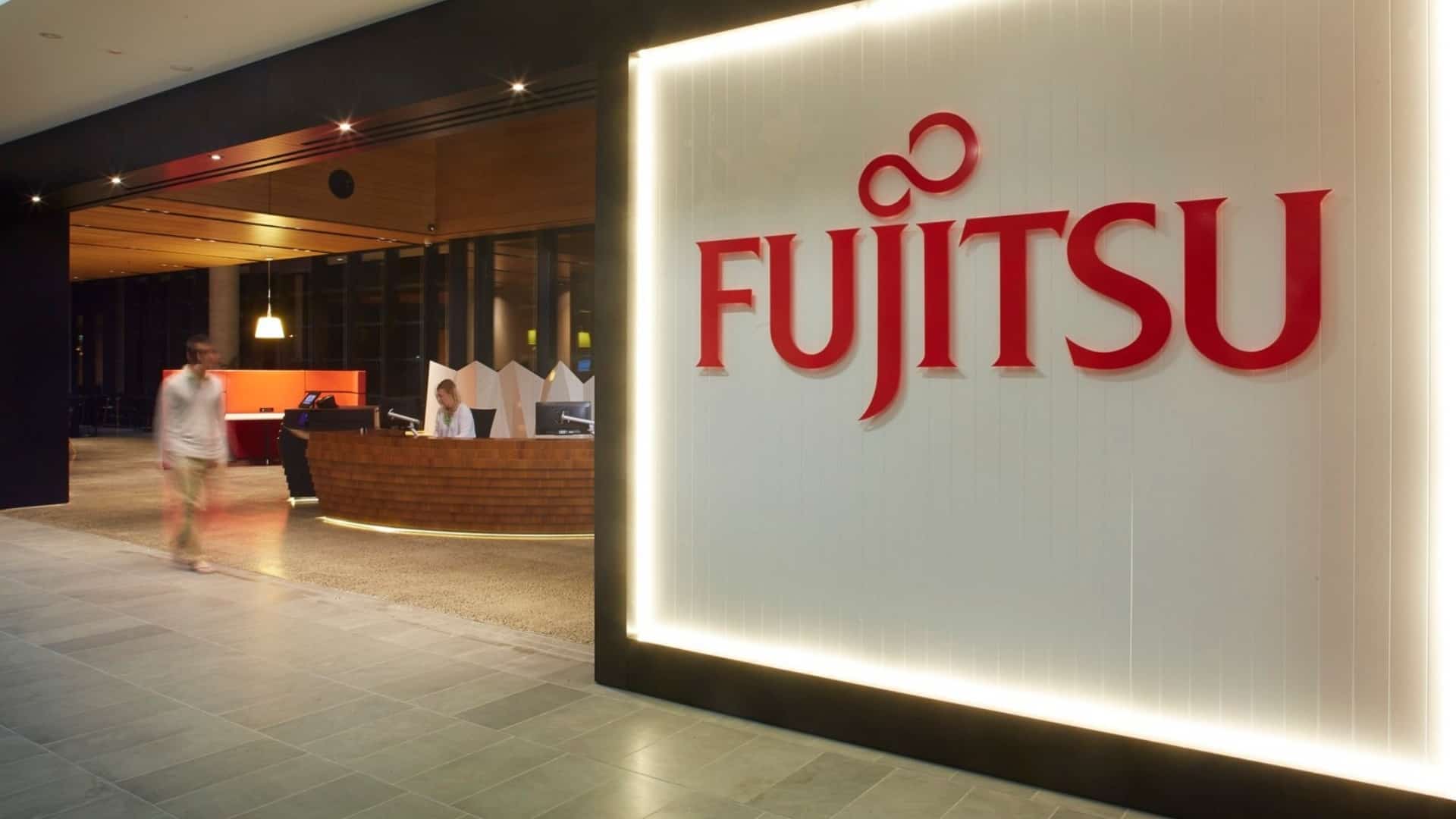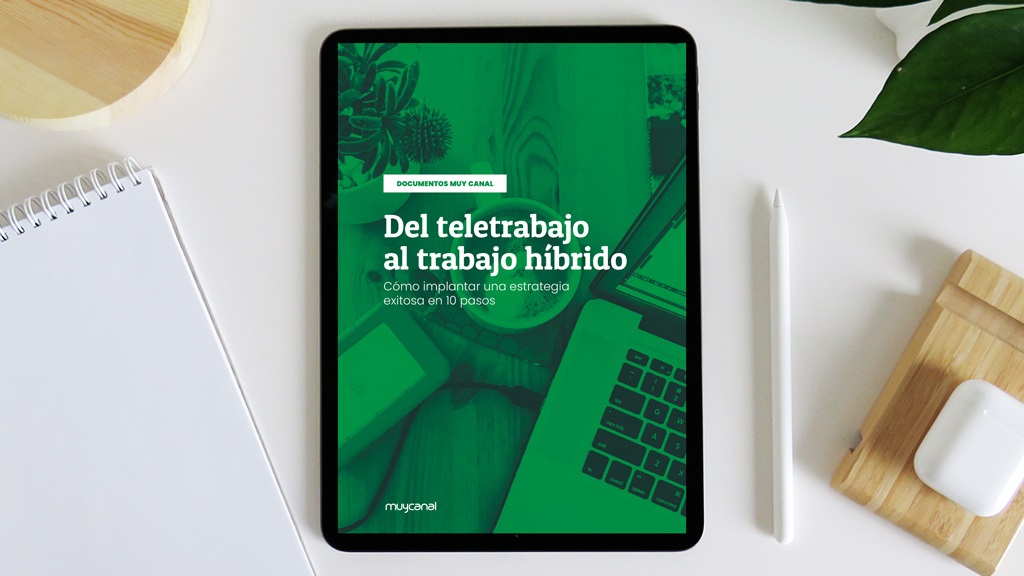
Fujitsu wants to improve the way companies, developers and startups create applications for the Web3. To do this, the Japanese multinational has just launched its Fujitsu Web3 Acceleration Platforma development environment and various service APIs based on Blockchain technologies and high performance computing.
As explained by the company, the new platform will connect users with the current suite of applications Computing as a Service (CaaS) from Fujitsu, including CaaS HPC and CaaS Digital Annealer, as well as the Fujitsu Computing as a Service Data e-TRUST module, technology specially designed to ensure the authenticity of transactions and the secure distribution and use of data between different systems and services based on Blockchain and other data verification systems.
As the organization also assures, access to the platform will be free for participants of its global partner program, Fujitsu Accelerator Program for CaaS, who will be able to begin evaluating their possibilities as of next March in Japan, in an initiative that it will expand to new markets throughout this year.

services and technology
In addition to the Blockchain and verification technologies offered through Data e-TRUST, the new platform will provide users with access to advanced computing technologies and applications, including Fujitsu Computing as a Service HPC and Fujitsu Computing as a Service Digital Annealer to develop and run simulations, AI, and combinatorial optimization applications. These technologies will enable users to analyze and evaluate multiple scenarios to formulate trustworthy, data-driven solutions to various social problems.
On the other hand, the technology will also provide a portal and a development environment to support co-creation activities and the launch of new Web3 applications and services, as well as to test and put into practice the value offered by these new applications.
Fujitsu and its co-creation partners will examine use cases, develop prototypes and carry out PoC tests aimed at creating new businesses related to topics such as realizing a co-creation society through decentralized autonomous organizations, rights management and use of digital content or the development of digital trust projects.




